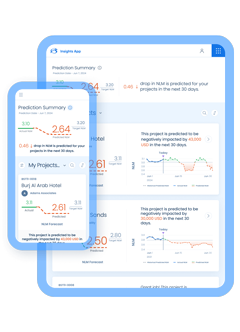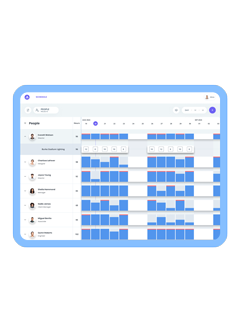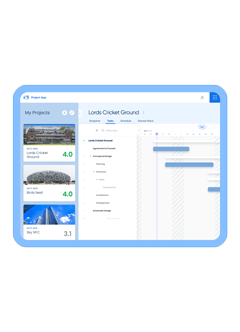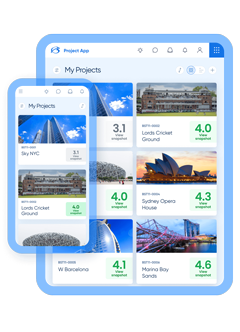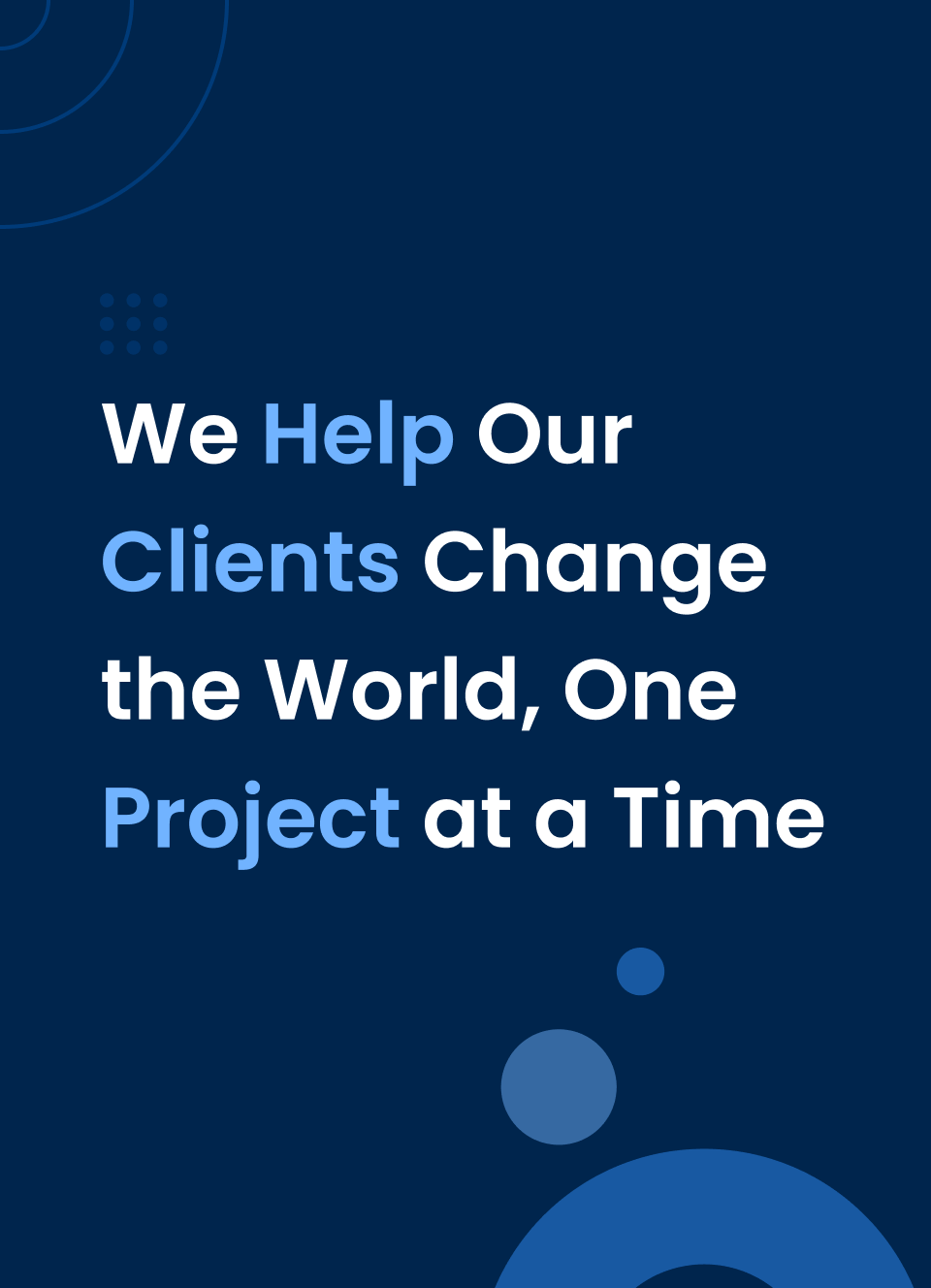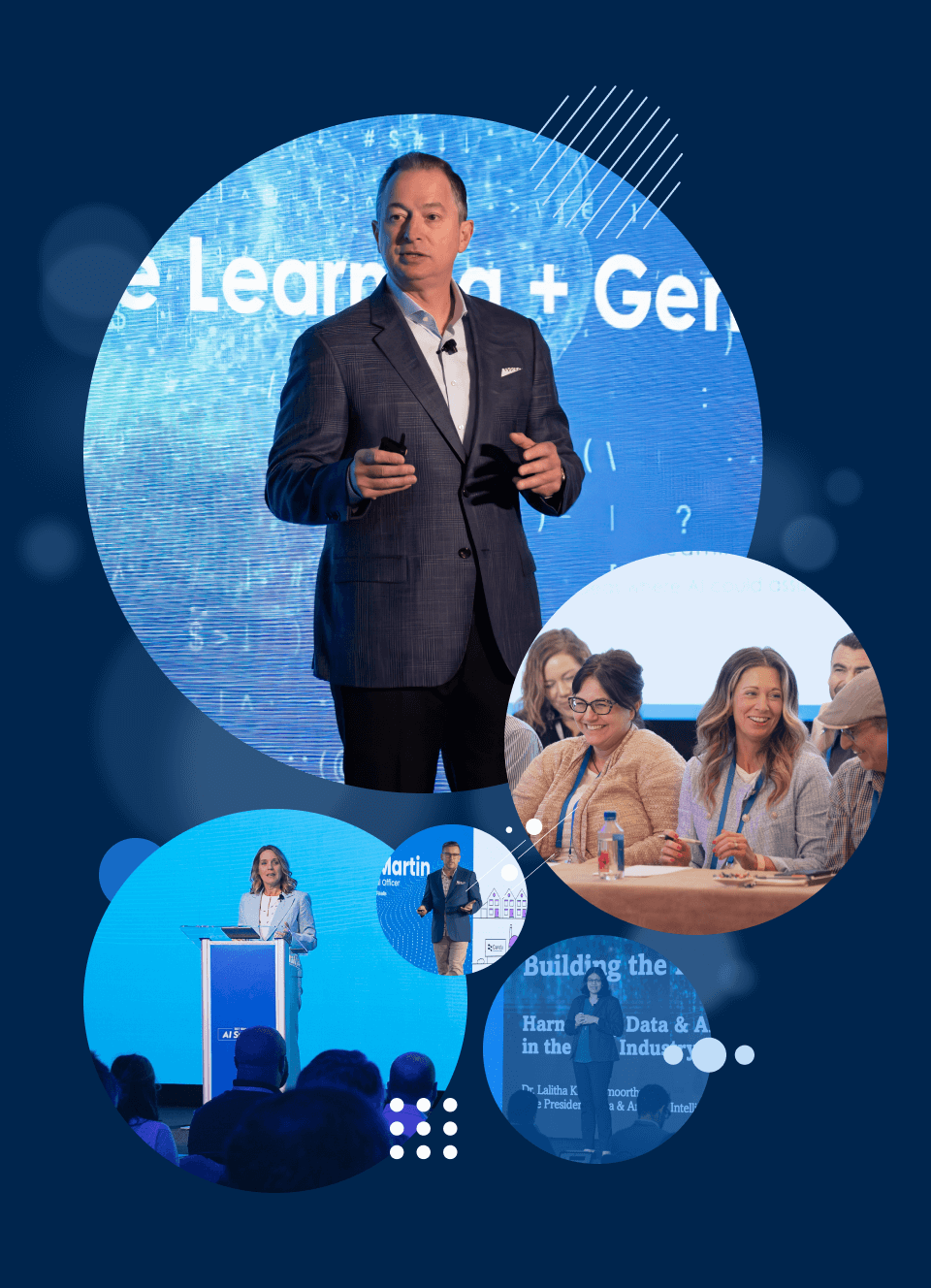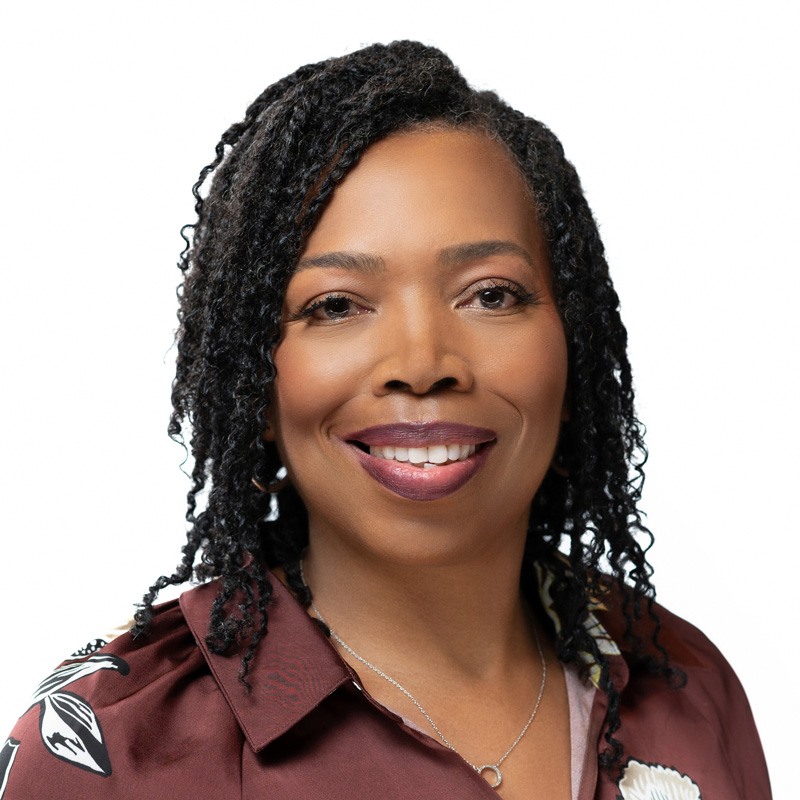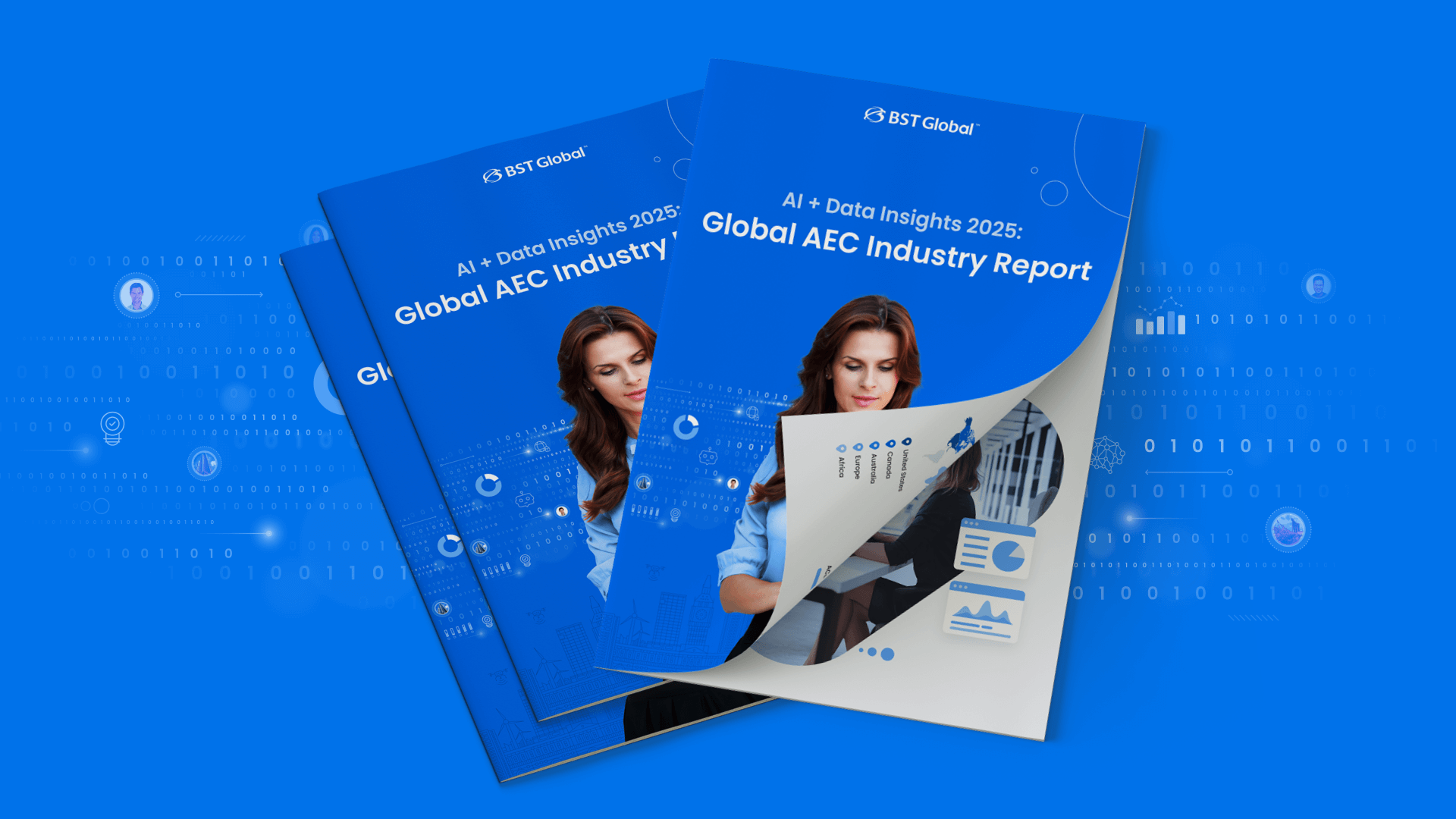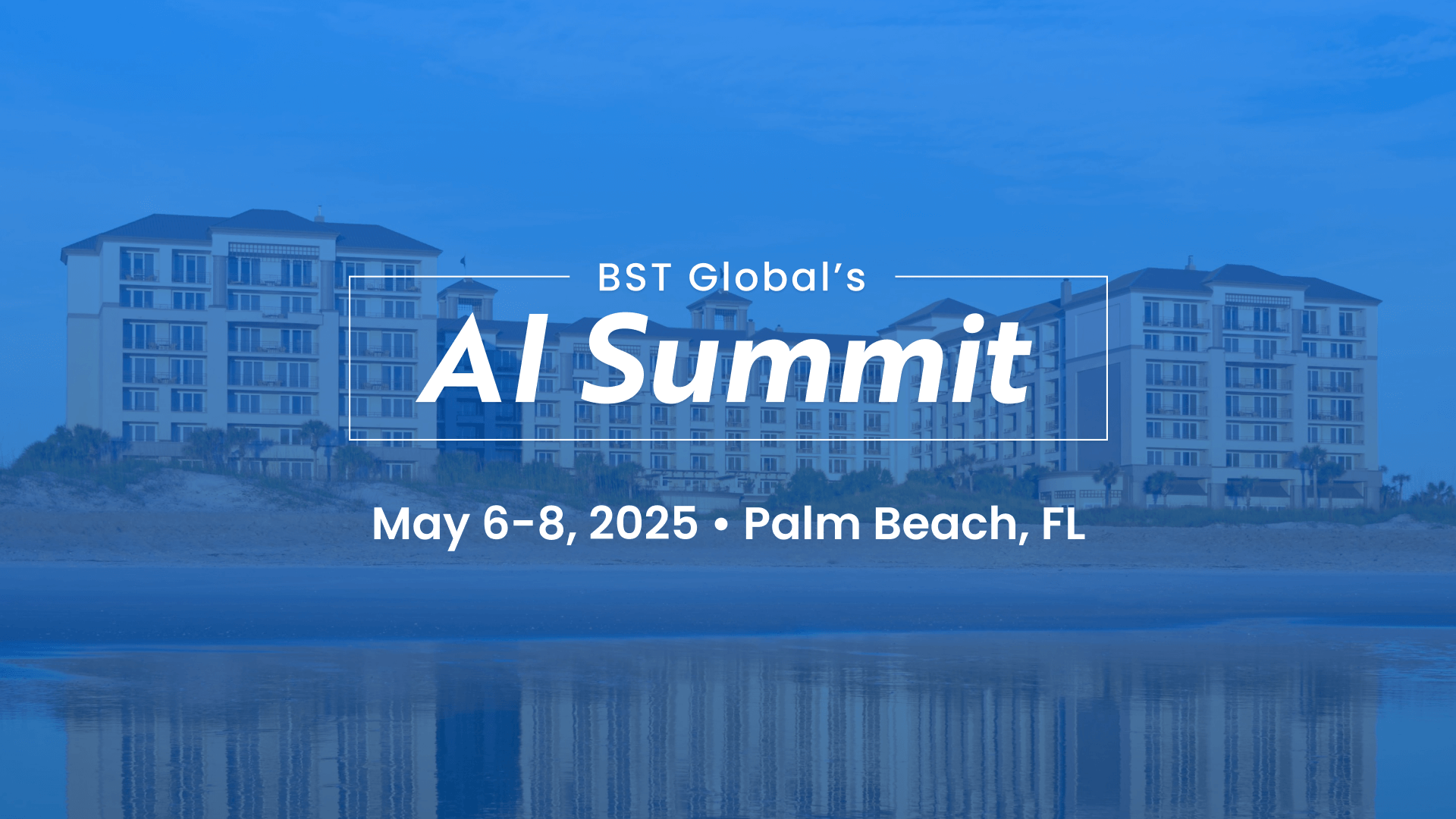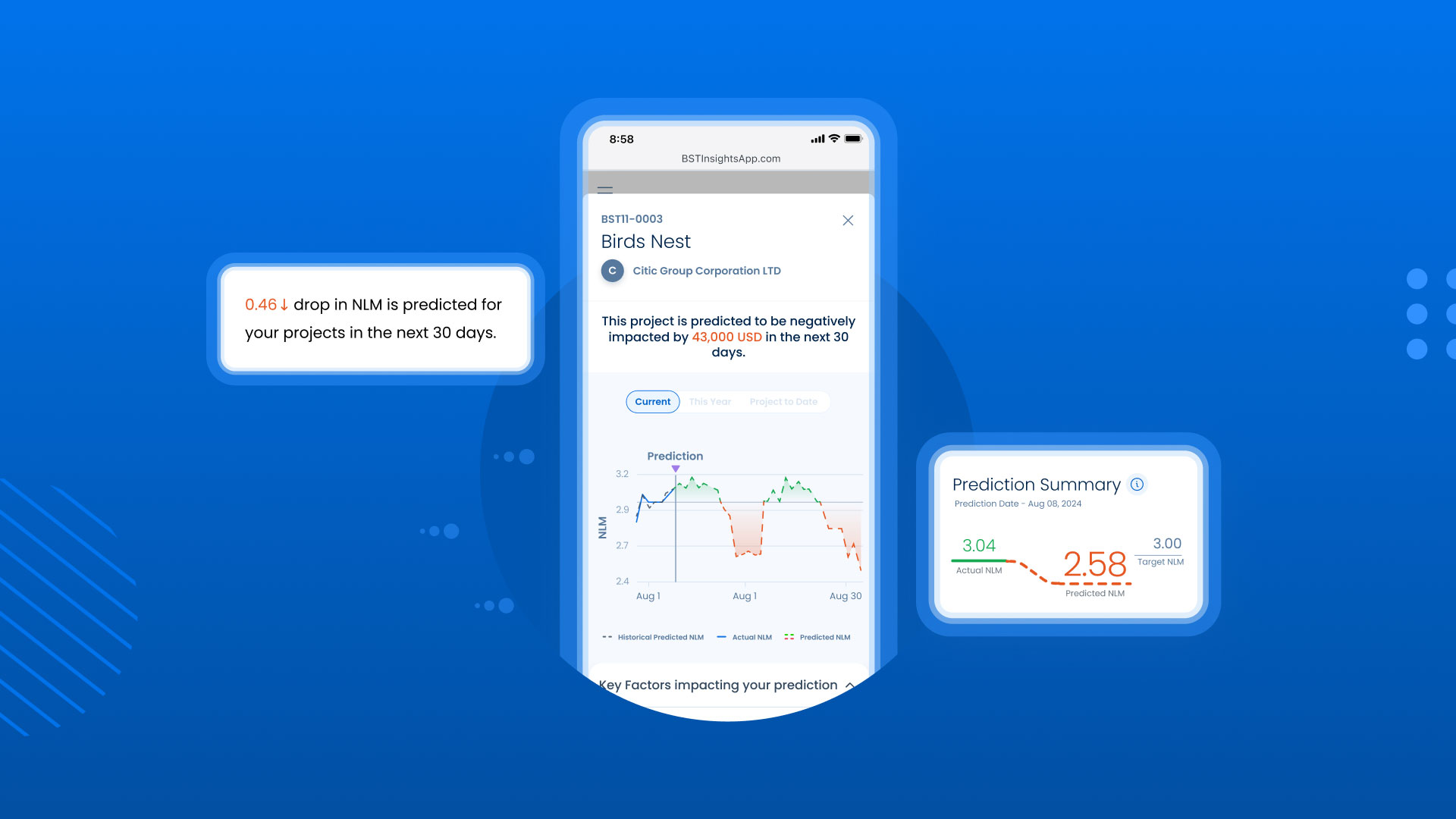Just when you learned to spell Millennials without a spellchecker, there’s a new group emerging and entering the marketplace: Generation Z.
Also known as Post-Millennials, the iGeneration, Founders, Plurals, or the Homeland Generation. While the definitive date of when this group starts is still up for debate, the litmus test is if they can clearly remember where they were on 9/11. If they’re too young to remember – they’re a Gen Z-er.
This group is growing up in a time where terrorism is a reality, they have felt the effects of a global recession and the debate over climate change is all they have known. Their households, neighborhoods, and friend list is as varied as Joseph’s Technicolor Dreamcoat. What they define as normal is more diversified than any generation before. And they will be the workers of the future – the near future. As the trickle of Baby Boomers retiring continues, the emerging presence of Generation Z will begin to flood the market.
So, what does that mean for employers?
Forget the textbook answers
Every generation wants to inspire the next to do and be more. Baby Boomers taught their Gen X children to go to college, learn more, and thus earn more. With age and education came wisdom. Generation Z will call that passé. Generation Z are privy to much more information at a younger age. Their porthole into the world is often exposed before they’re introduced to formal education. Tablets, smartphones, laptops, television, videos, and wearable electronics are piping data into their brains making them historians far beyond textbook knowledge. The qualifier for knowledge of yesteryear may not work in the future market.
Global yet local
If there was one word to sum up the Gen Z approach to life, it would be hypersensitive. Living in an era where 77% of the generation have internet access, they are enlightened to global events. Whether the event is global warming or terrorism, they understand the actions abroad and they are well versed in the needs and attributes of their local environment. Where there was a desire to go forth and conquer in previous generations, Gen Z will want to stay close to home, yet have a global impact in their careers. In short, they’re ready to change the world.
Pluralists
Historically, diversity has been defined based on ethnicity and gender. However, this Pluralist Generation challenges conventional wisdom as they accept and experience diversity on a micro level. Mixed race, single-sex households, and diverse religious affiliations are standard to them and expected in a single society. Because of their progressive acceptance, a new expectation of diversity will emerge. The Pluralist Generation will push for and expect micro diversity from their future employers.
Re-education
Ten percent of the apps on the Apple store are geared toward Generation Z. Re-education is essential to their wellbeing. They have an endless capacity to seek and retain data – that quest will not end after they receive their first paycheck. If your training and learning environment isn’t continuously creating micro-learning opportunities, you may experience a revolving door of bored Generation Z employees.
It’s clear that this new generation will change the prototype of employee engagement. Shaped by technology, history, and economics we will soon employ a generation with unprecedented attributes. Are you ready? We’d love to hear how you’re redefining your workplace for the generations here today and those expected tomorrow.
